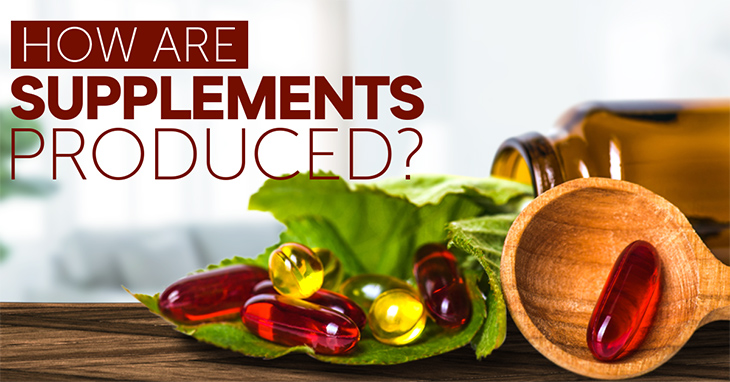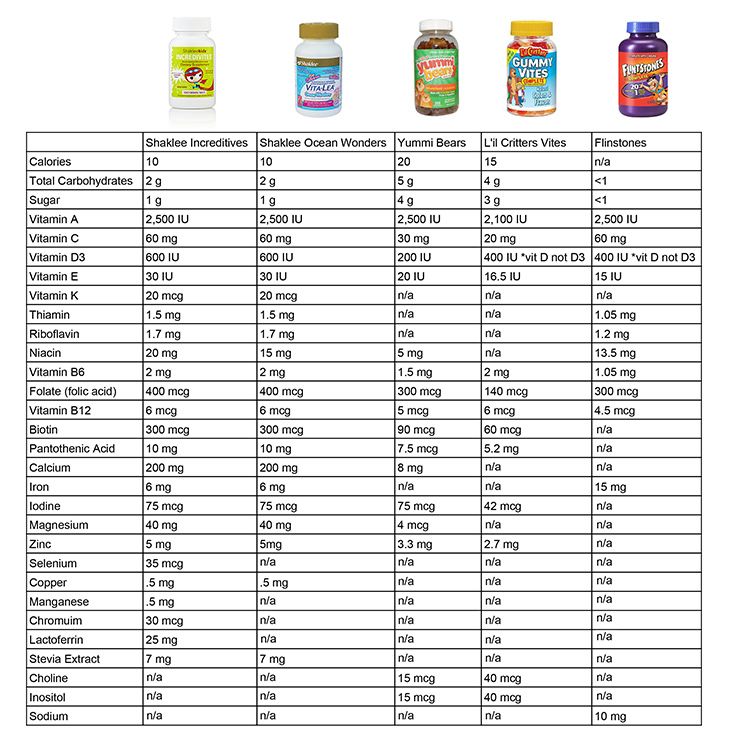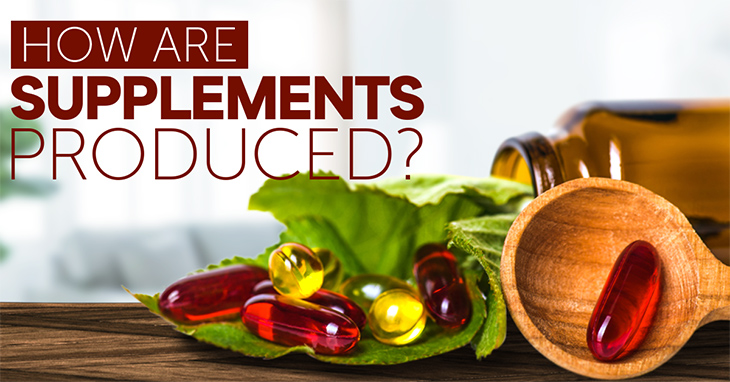How Are Supplements Produced?
Category: Healthy Nutrition

Have you ever wondered how dietary supplements are produced?
It starts with 2 questions.
1. Who's the supplier?
Foreign or domestic
2. How do they source the raw materials?
Cultivation vs. wildcrafting
Cultivation is when you plant the crop, and this is not how most manufacturers get raw materials for most dietary supplements.
They typically come from wildcrafting.

Wildcrafting:
Wildcrafting is the practice of harvesting plants from their natural, or "wild," habitat for food or medicinal purposes.
Most dietary supplements, both herbs and natural products, don't really have a large market to pay for cultivation, so they wildcraft them.

Cultivation:
When you cultivate a natural product, you have a constant supply of seed stocks. You know how much you're going to plant, when to harvest it, and the quality is consistent. You know what you're planting and what you're getting.
However, you need to think of the downside, which is that the crops are susceptible to insects and diseases.
So in order to control that, you then apply insecticides and herbicides. In the context of a controlled environment, you know what you're applying and how much.
Now let's compare that to wildcrafting.
In this case, you have substantial seed variation. You're not sure how much you're going to get.
Unlike the traditional field where you're visiting quite frequently, sometimes once a day or multiple times a day, in wildcrafting, you generally leave them alone.
This can be an issue because you don't know what's going on. The crop can be subjected to pollution and contamination. There could be a large agricultural site applying a significant amount of chemicals and insecticide that run off and go straight on to your products.
As you can see, both methods have pros and cons. That's why it's so important that manufacturers analyze the raw materials to ensure a quality food supplement.
How do manufacturers analyze supplements?
When supplement manufacturers source their raw materials, they can come from whole plants, plant parts, or even crude mixtures.
• Plant
• Leaves
• Flowers
• Stems/Bark
• Roots/Bulbs
• Rhizomes
• Fruit

How do manufacturers analyze the raw material and finished products for dietary supplements?
Manufacturers use a variety of analytical tools. And to analyze quality, you have to make a substantial investment.
Essential equipment, such as mass spectrometry for example, costs about $200,000 to $3,000,000. And if you want to do it right, you might need more than one tool.
Here are some of the pieces of equipment needed for quality analysis:
• IR - infrared spectroscopy
• GC - gas chromatography
• MS - mass spectrometry
• HPLC - high-pressure liquid chromatography
Keep in mind that these tools are only as good as their users. In order to put them to work, you need to hire a lot of really good scientists. And scientists cost a lot of money.
The ideal situation is to have expensive, top-of-the-line equipment operated by scientists and technicians who can analyze the raw materials, ingredients, and resulting products.
When supplement manufacturers source their raw materials, they can also be contaminated by all sorts of unwanted extras.
Common Contaminants:
• Heavy metals (lead)
• Pesticides (domestic and foreign)
• Other herbal/natural products
• Microbes/fungus

If your products are contaminated, they can have substantial issues on people with allergies or those taking allergy medications.
You may not realize this, but manufacturers can choose to analyze raw materials, ingredients, formulations, all of the above, or nothing at all. They're not required to test.
That's why it's so important to look for a company that does.
A lot of people ask what vitamin they should use to fix this or that issue. I always recommend that they start with the foundations.
If you can supply your body with its core requirements, you can build on that. This means starting with a great quality multivitamin.
When a manufacturer wants to create a vitamin supplement, it's important that they think about quality issues.
Supplement manufacturers need to focus on:
• Quality of raw materials and ingredients
• Correct species and appropriate harvest
• Storage and processing
• Stability of ingredients
• Chemical analysis of ingredient (purity)
It's also vitally important that they consider the formulation—how they take the ingredients and turn them into a dosage form—and bioavailability, or how much is actually getting into your body.
Here's a great tip! Check your vitamins to see if they have lot numbers and expiration dates. These may be an indicator of quality, as higher-end manufacturers will have them.
Now that you know some of the requirements involved in making safe, effective, and high-quality supplements, it's my hope that you will ensure these requirements are being met in the choices you're making.
Here's to a healthier you!
Ariëlle


